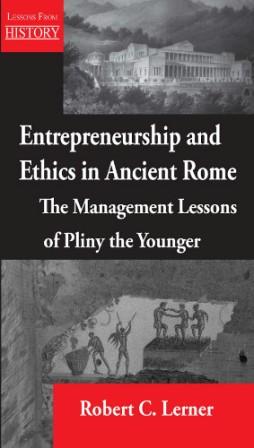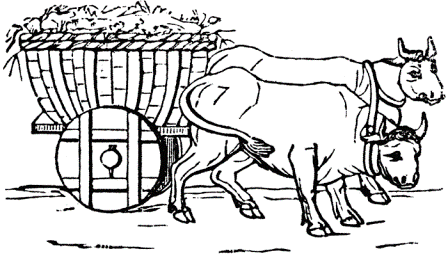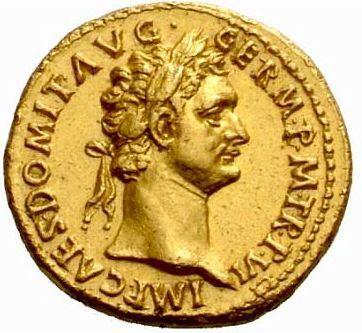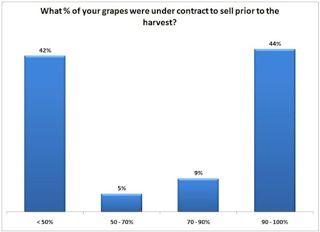LFH Overview
Pliny Overview
Entrepreneurship and Ethics in Ancient Rome
Ancient Lessons for Today’s Marketplace
SummaryThis book examines a very relevant and powerful example of entrepreneurship from the past but uniquely through a modern lens so it is not just another historical account. This approach brings into sharp focus how timeless Pliny’s entrepreneurial lessons are. The lessons are put into a modern context. Yes, Pliny was managing an estate producing grapes. But like in today’s world he was facing many stakeholder issues. He had to manage channels and vendors by coming up with a complex pricing arrangements based on risk reward scenarios. This required an intricate understanding of problem analysis, situational analysis, financial analysis, business management, vendor management, and risk management grounded by personal leadership, and business ethics. With this he came up with win-win strategies based on rebate structures that would entice his best buyers into a long term relationship were all would prosper. As you go through this book you will be astounded as to show little has changed over 2,000 years. You will see that technology may change but good solid management practices change very little over time.
Paperback: 232 pages Publisher: Multi-Media Publications Inc.; 1st edition (201x) Language: English ISBN-10: 1554891310
|
|
Overview of the BookA wealthy resident of Rome returning from his country estate in Tuscany commented to a friend:
“Other people visit their estates to come away richer than before, but I go only to return the poorer.”
Lighthearted banter in a note to a friend regarding the shortcomings of a business venture is certainly not uncommon for any businessperson. However, this was no common businessman, for this gentleman farmer wrote of a visit to his Tuscan vineyards nearly 1900 years ago, in 107 AD, following a problematic harvest. The disappointed businessman and letter writer was Pliny the Younger. Pliny communicated his financial lament a letter in which Pliny also took the time to describe in great detail both the issues associated with his sale of the season’s grape harvest and the actions he took in response to those issues. In so doing, Pliny created a very effective model for managing his business interests in both a creative and in an ethical fashion. From Pliny’s actions twenty important lessons can be extracted that are directly applicable to many of the business issues faced by today’s entrepreneurs and managers. These lessons fall into four major management categories:
Clearly Pliny was a witness to and a participant in events that still resonate today. Pliny was however, more than an author; he was also a Roman Senator, imperial advisor, lawyer, priest, financial administrator, and an entrepreneurial businessman. His unique position in society combined with the survival of his letters make him an especially fascinating figure for both historians and students of business management.
|
|
This book is for business people looking for inspiration for their businesses and projects.
Sources: Pliny Letters 8.2.1. Radice, Betty, (trans.), (1969), Pliny Letters and Panegyricus, Volume II. Cambridge: Harvard University Press.





